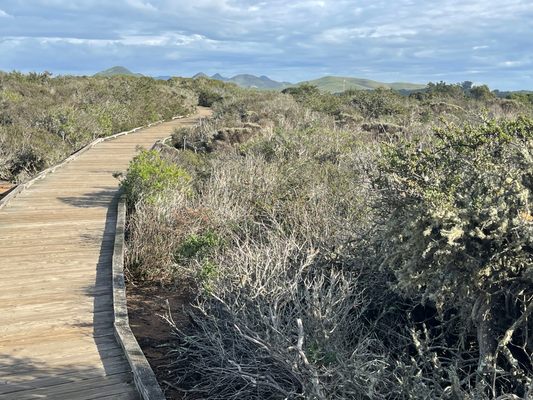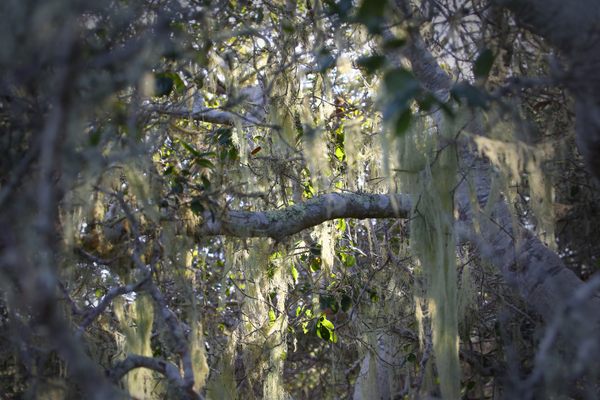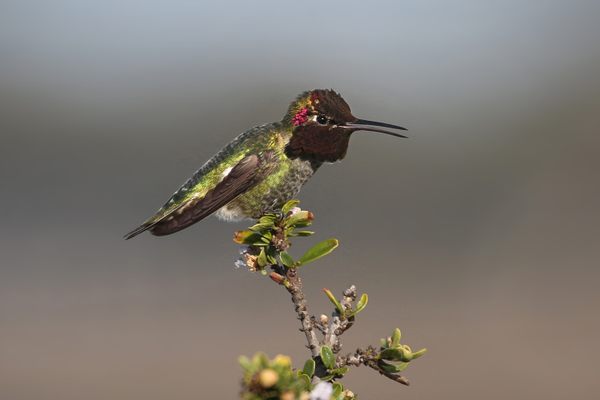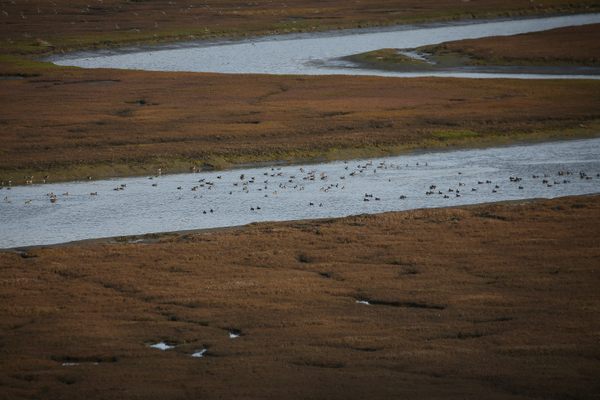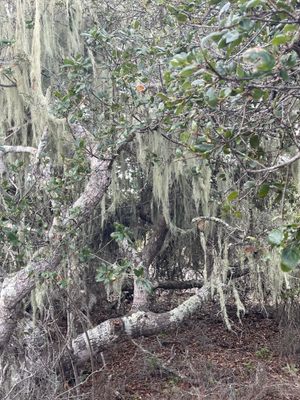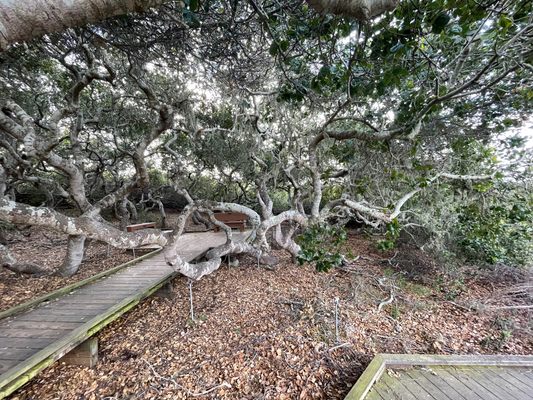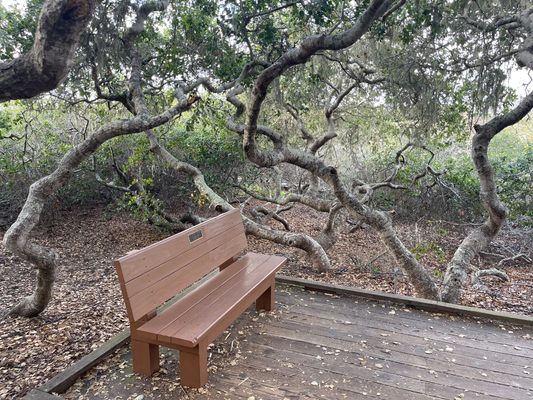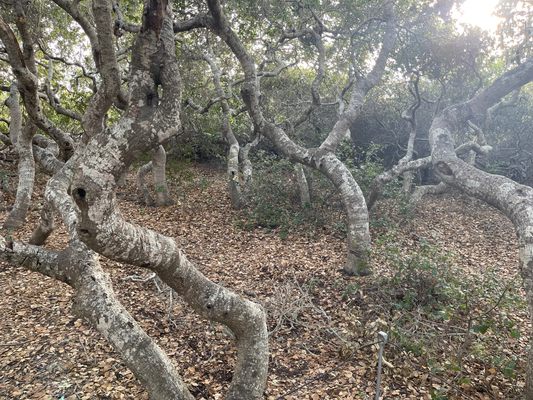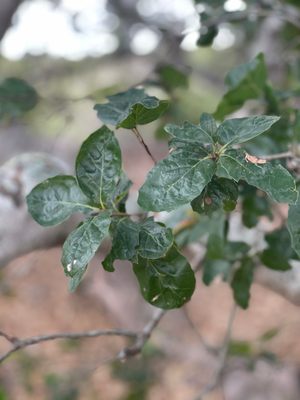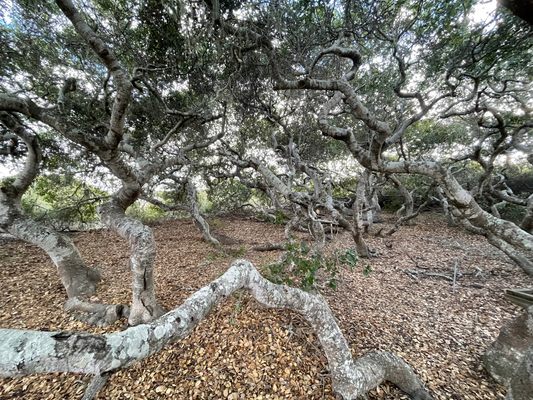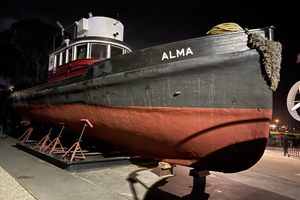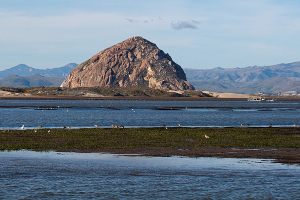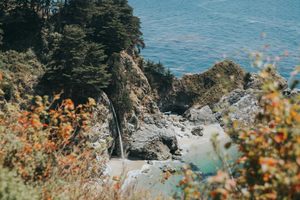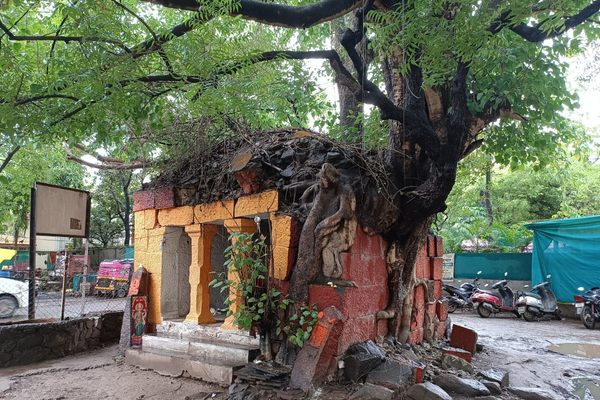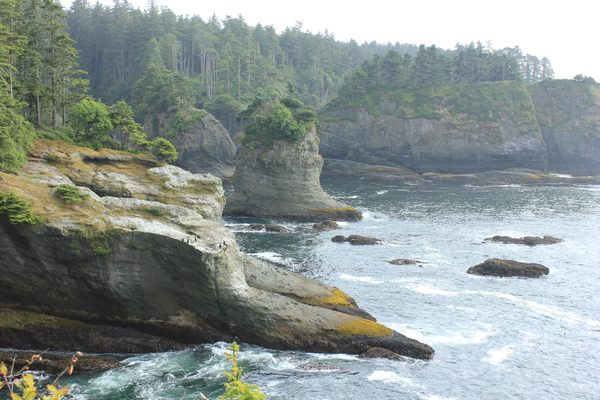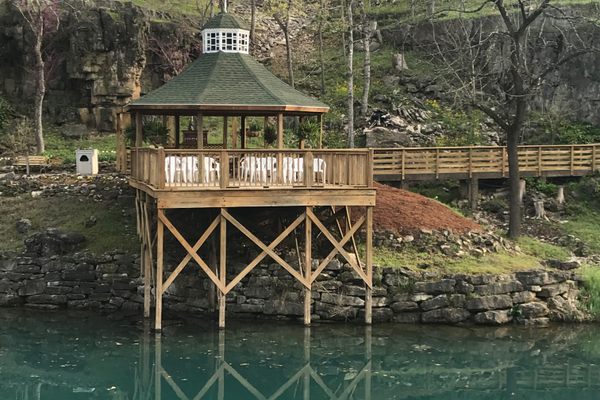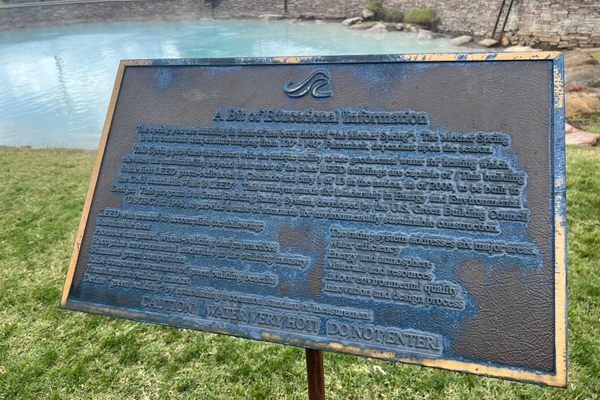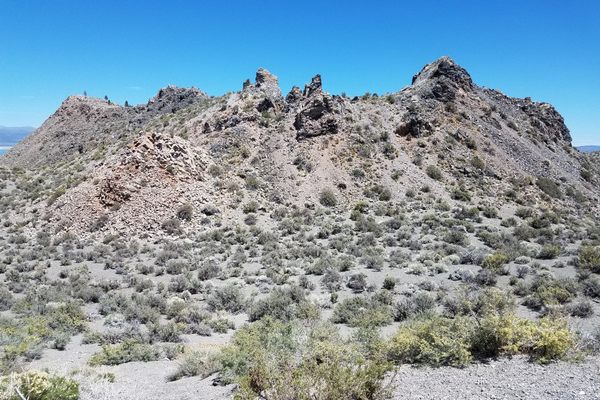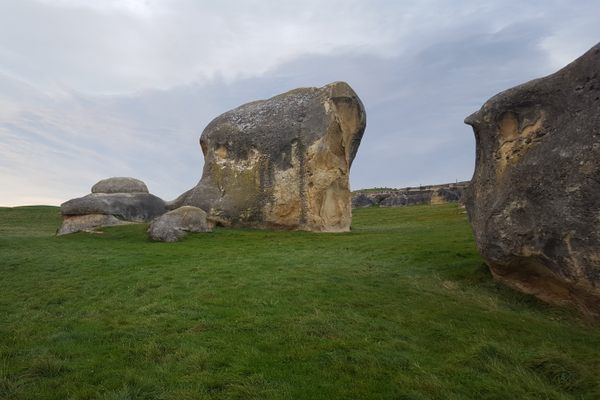About
These ancient little trees known as pygmy Coast live oaks, festooned with wisps of lichen and moss, add an enchanted, fairy-tale quality to the park. The trees in the Elfin Forest average only four- to 20 feet in height. Their wizened and twisted forms bear little resemblance to the 50-foot-tall Coast live oaks commonly found on California's central coast. Harsh coastal winds, salty air, and nutrient-deficient soil cause their stunted growth. Despite such inhospitable growing conditions, these pygmy trees are ancient specimens ranging in age from 200- to 400 years.
Established in 1994, the park encompasses an area of relict dunes, chaparral, and estuarial mud flats. A well-maintained, mile-long boardwalk meanders through the park and helps protect its fragile ecosystem. The promenade is punctuated by overlooks offering glimpses of Morro Rock and Bay. In addition to its pygmy oak trees, Elfin Forest is home to a variety of rare birds, small mammals, reptiles, insects, and plants, including several species of lichens found nowhere else in the world. The Lace Lichen festooning the oaks provides the trees with nutrients and moisture gleaned from the foggy coastal air.
Pygmy oaks live throughout the park, but a particularly large grouping comprises an enchanting area called the Rose Bowker Grove. The grove contains a dense collection of pygmy oaks contorted and intertwined into fantastical shapes. A boardwalk spur leads into the grove, and under its canopy, wooden benches allow for quiet contemplation.
The area has been a witness to human history for centuries. The Chumash people settled in and near the Elfin Forest area in pre-Columbian times. A Chumash archeological site is adjacent to the property, and traces of their shell middens exist throughout the park. Evidence indicates that indigenous people occupied the area dating back 9,000 years.
In the 18th century, the area in and around the Elfin Forest was home to a legendary population of enormous and fierce grizzly bears. The bears were so plentiful that the Spanish gave the area its eponymous name—Los Osos (the bears). When the Catholic missions at Monterey and San Antonio faced famine in 1772, Governor Pedro Fages led a hunting party to the area and slaughtered much of the ursine population. Their efforts provided 9,000 pounds of dried and salted bear meat that saved the starving missions. Far less ferocious animals, such as the California pocket mouse, now make the Elfin Forest home.
Related Tags
Know Before You Go
The Elfin Forest is open daily. Visiting hours are sunrise to sunset, year-round.
Why not the twilight hours? The twilight hours are an important foraging and hunting time for several animal species in the Forest. Human presence tends to disturb them.
Published
January 4, 2023
